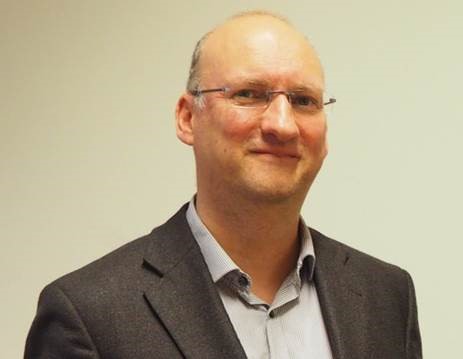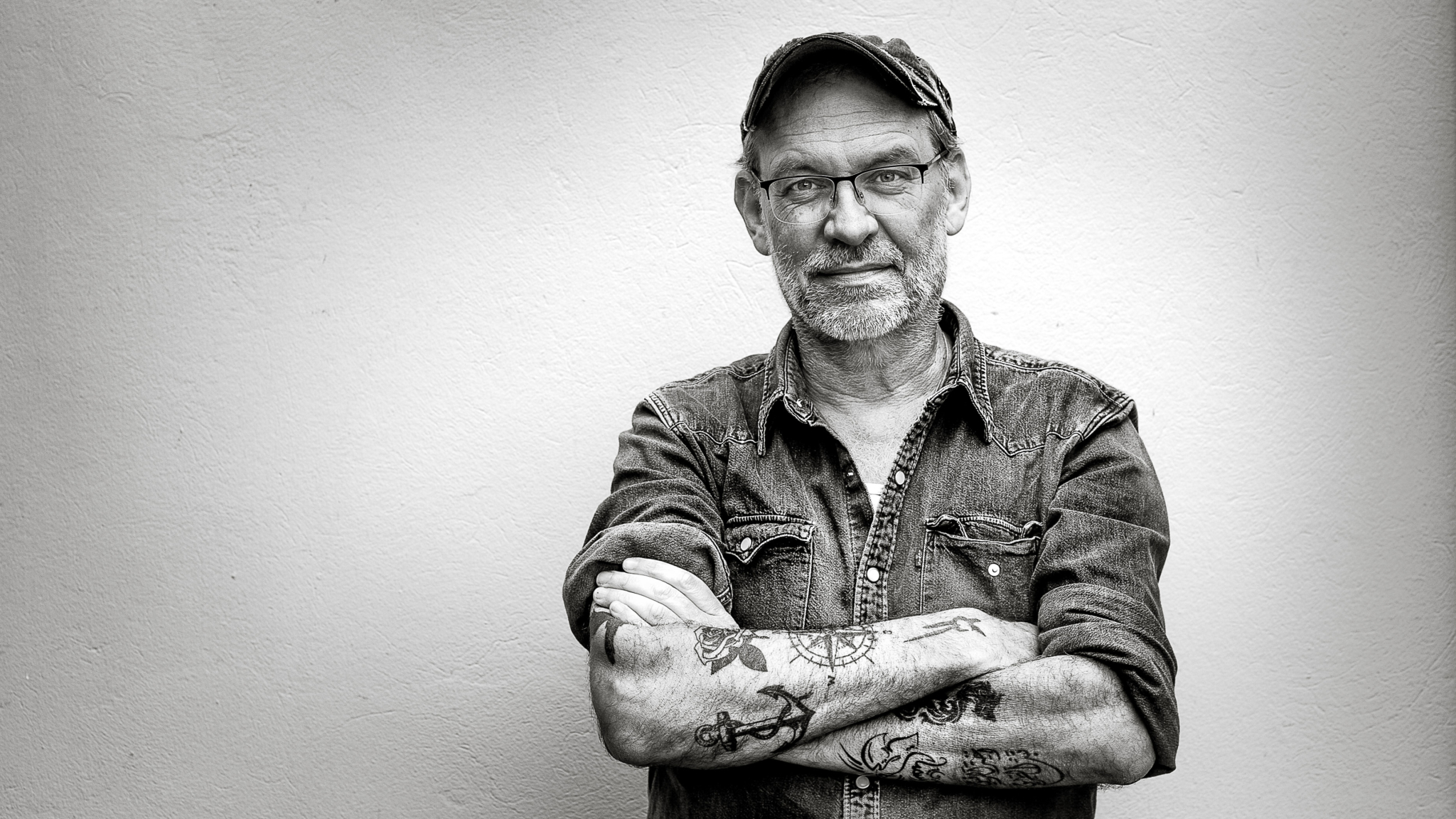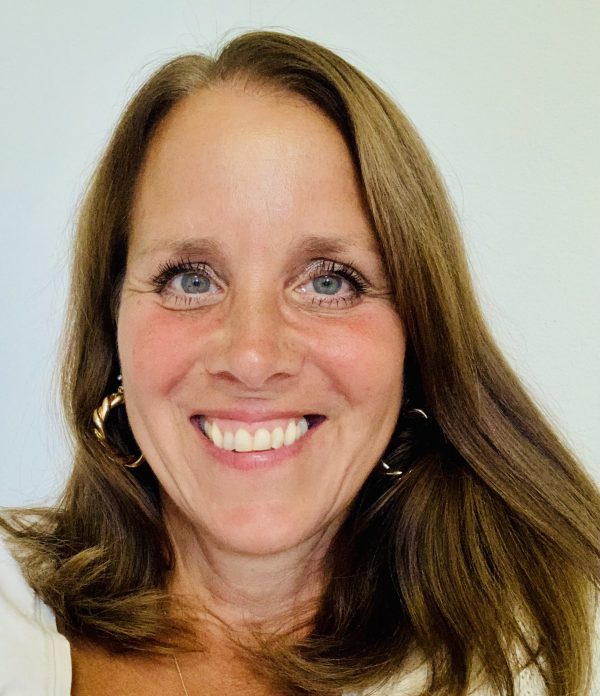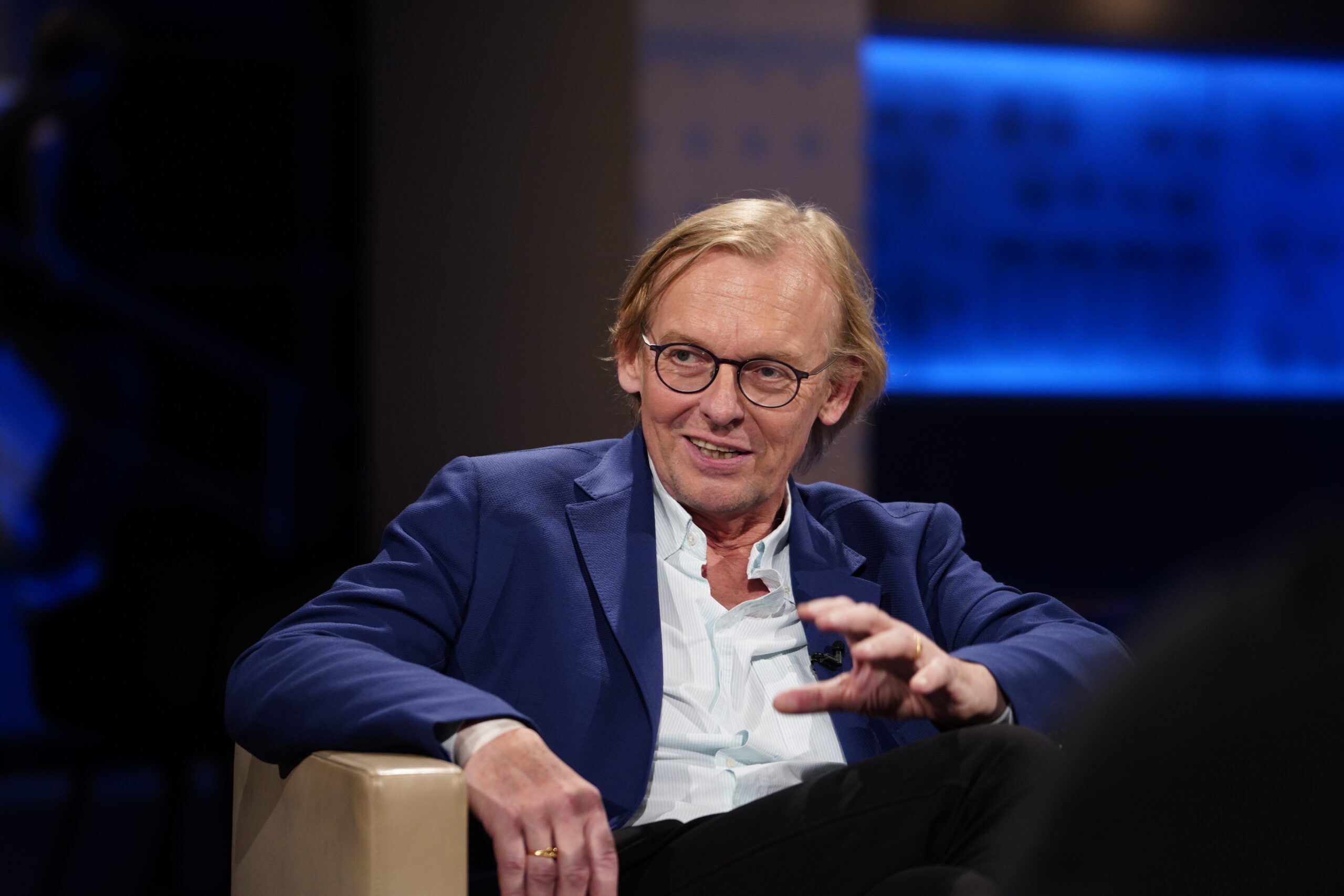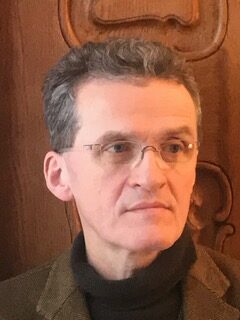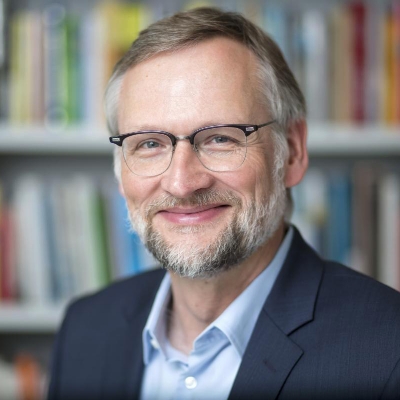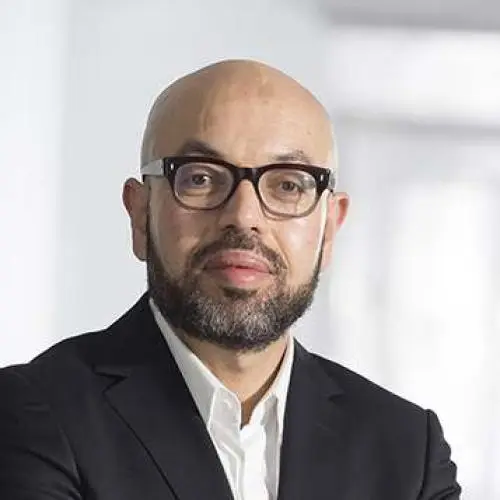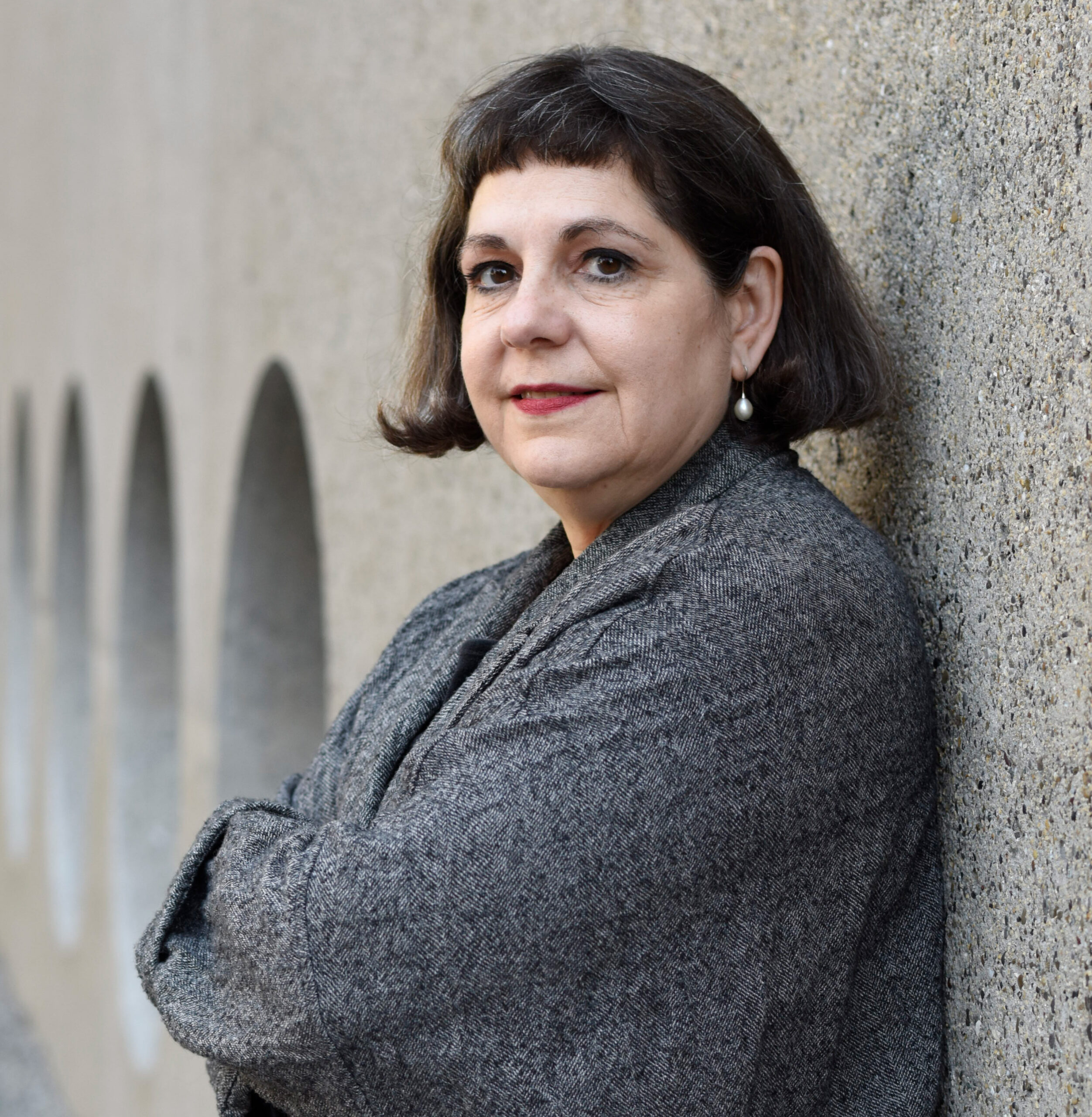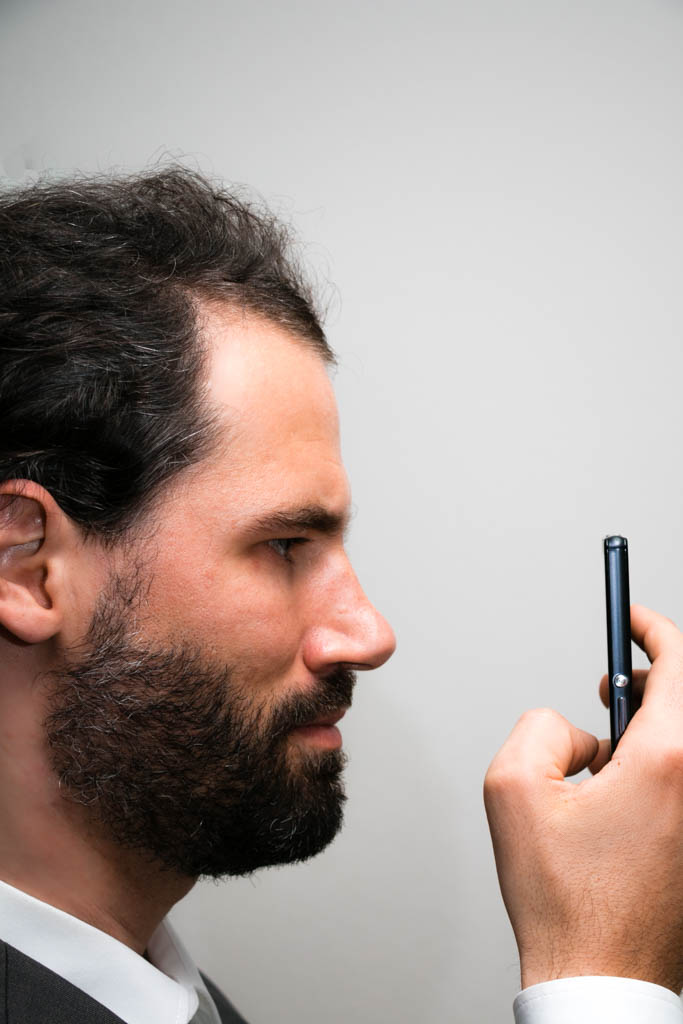-
Shifting the images in our minds through stories
In a sense, people who live at the margins of society, or who pursue passions that are deemed socially unacceptable, inhabit a parallel world – although they are part of our everyday lives, they remain invisible. Photojournalist and philosopher Klaus Petrus examines this paradox and believes that, in part, it arises from the fact that…
-
The Perfectionism Trap
If I attend an adult education programme not out of personal interest but as part of a self-imposed or externally driven push for self-improvement, learning becomes a performance requirement and loses its significance for personal growth.
-
Why troublemakers are needed
Education should not be understood so narrowly that we acquire a certain amount of knowledge. This is because education is not primarily about the objects of knowledge, but rather about the question of how experience is acquired in the first place.
-
On the role of science in times of crisis, bullshitting and the ideal features section
The philosopher and feature writer Uwe Justus Wenzel deals with the relationship between science and the public. According to Wenzel, it is problematic when political decisions are shifted onto science
-
Deliberate ignorance as a cultural ability in the knowledge society
Ralph Hertwig, Director at the Max Planck Institute for Human Development, also considers deliberate ignorance to be useful and, sometimes, even necessary.
-
«New Work is a necessity»
New Work is commonly understood as an employee-centred form of leadership and working. For Heike Bauer New Work is a necessity for dealing with the future
-
Starting from the impact to think differently about flexibility
Assâad El Akremi explains that flexibility is used for the purpose of control that a company can exercise on its employees. Is this still the case today? And how is the issue being addressed now and how will it be addressed in the future?
-
Fiction opens up possibilities
Metaphors (Denkbilder) and storytelling can be instruments for thinking about the future. This is what cultural critic Elisabeth Bronfen suggests.
-
Attitude is the prerequisite for flexibility
Chris Bühler is a digital ethicist. He is sceptical about buzz words like flexibility and disorientation and pleads for calmness in an anxious period.
